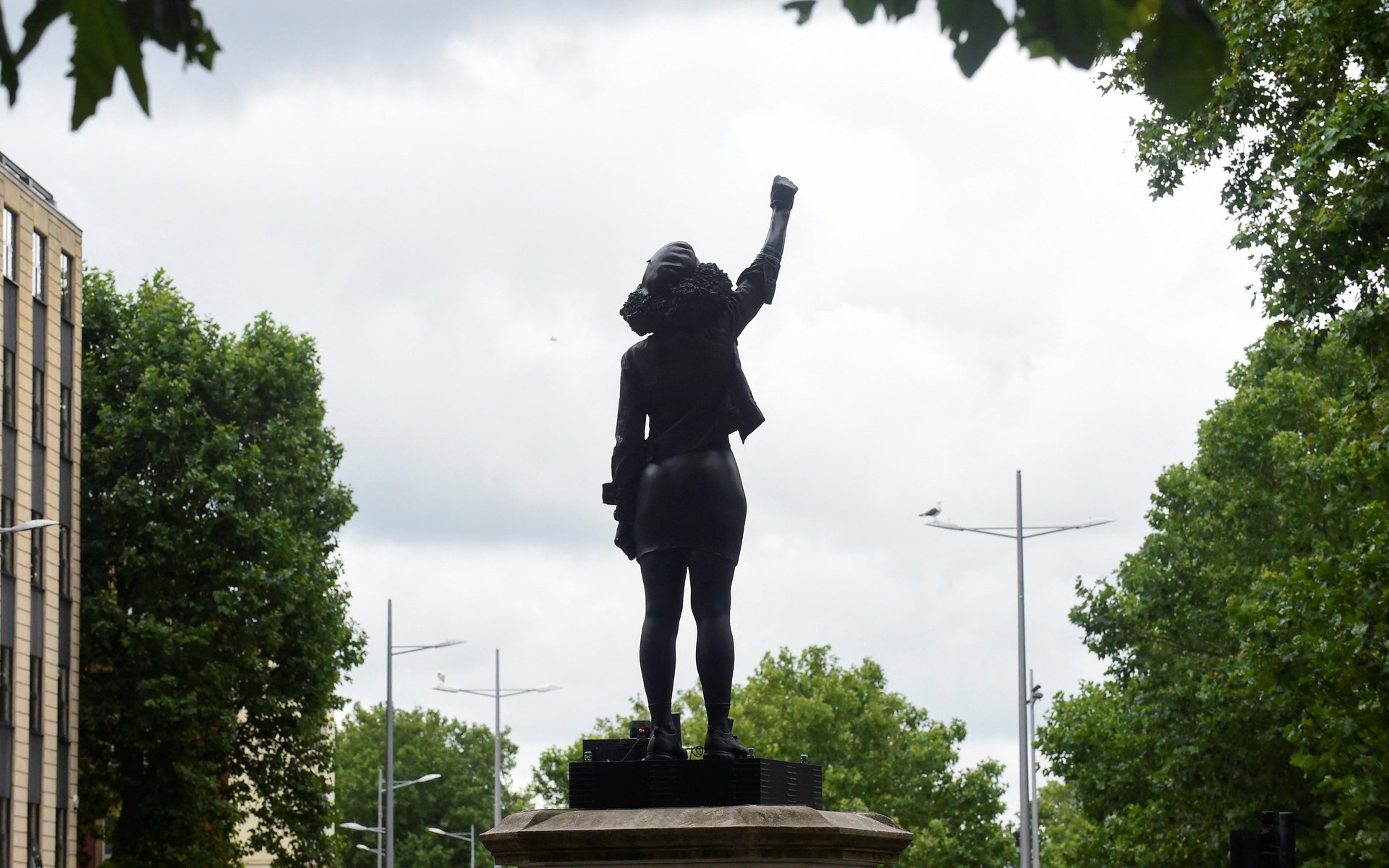A British family wants to make amends for its slave ownership past
The Trevelyan family was among those the British government compensated following the abolition of slavery.

British slave-owning families received compensation when slavery was abolished in parts of the British Empire in the 19th century. Almost 200 years later, one family seeks to make amends to the community whose forced labor it profited from.
Members of the Trevelyan family have set up a £100,000 ($119,479) fund meant to investigate the lingering economic impacts of slavery in the eastern Caribbean, as well as establish the Reparations Research Fund at the University of the West Indies. The fund will be formally launched by Sir Hilary Beckles, chair of the Caribbean Reparations Commission, in Grenada on Feb. 27.
In 1835, the Trevelyan family was paid £26,989 (equivalent to $3.2 million today) as compensation for the abolition of slavery by the British government, according to the Centre for the Study of the Legacies of British Slavery at University College London, which maintains a database of British slave ownership.
John Dower, a descendant of the Trevelyan family, was conducting genealogical research when he discovered his family’s co-ownership of 1,004 slaves throughout six plantations in Grenada, a former British colony. “I had no idea. It became apparent that no one living in the family knew about it. It had been expunged from the family history,” Dower told the Guardian. “I was more than shocked, I was badly shaken. I was under the impression that I came from a benevolent, public service-facing family.”
The Trevelyans are also urging King Charles III to apologize for the royal family’s involvement in the slave trade, as well as asking the UK government to begin reparation negotiations with former colonies in the Caribbean.
How the British government compensated slave owners
The British Empire banned slavery in most of its colonies (excluding modern-day Sri Lanka and Saint Helena) with the Slavery Abolition Act of 1833, which was enacted the following year. Included in this law was a plan to compensate slave owners for their lost “property,” for which the government borrowed £20 million (equivalent to $2.4 billion today), a staggering 40% of its budget at the time from bankers Nathan Mayer Rothschild and Moses Montefiore.
One of the advocates for compensating slave owners was Lord John Gladstone, a British lawmaker and former chairman of the West India Association, who helped calculate the compensation for slave owners across the British colonies. A slave owner himself, Gladstone received the largest share of the compensation funds, more than £93,526 (equivalent to $11.5 million today) for his 2,039 slaves. His son, William Gladstone, was elected prime minister of the country just a few decades later.
According to the British Treasury, the £20 million debt was fully repaid in 2015.
